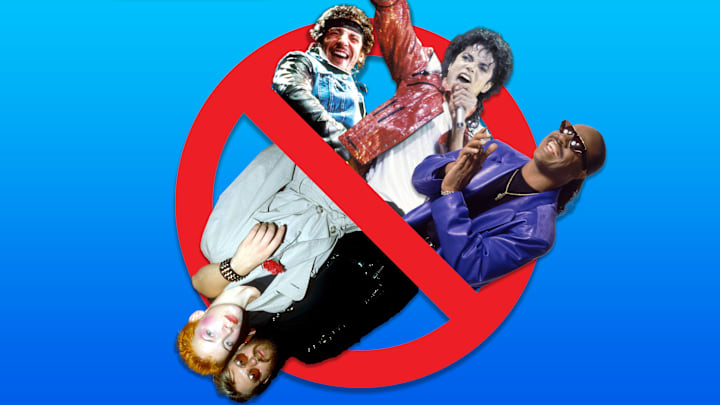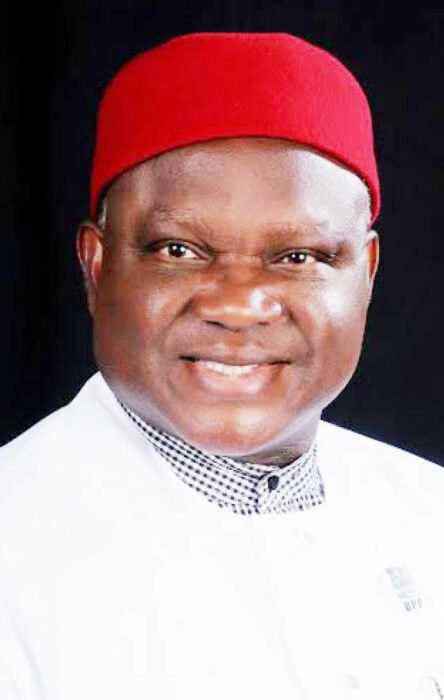Live Aid: The Controversial Legacy of the Biggest Charity Concert

Live Aid, the monumental bicontinental pop concert held on July 13, 1985, was conceived by Bob Geldof and Midge Ure to combat the Ethiopian famine, making it one of the most spectacular and impactful musical events in history. Staged simultaneously at London’s Wembley Stadium and Philadelphia’s John F. Kennedy Stadium, the event captivated a global audience of nearly 2 billion people and successfully raised approximately $140 million for famine relief. The idea for Live Aid originated from Geldof's reaction to a BBC report in October 1984 depicting starving children. This led him to co-write and record the charity single “Do They Know It’s Christmas?” with Midge Ure, released by Band Aid in December 1984, which raised over $28 million and set the stage for the larger concert.
The concert featured an impressive roster of over 50 of the music industry's biggest names, including iconic performances that cemented their place in pop history. Queen's 21-minute Wembley set, including “Bohemian Rhapsody” and “We Will Rock You,” is widely regarded as the greatest rock gig in history. U2’s performance, particularly Bono’s interaction with a fan during “Bad,” solidified their stadium-rock status. Phil Collins famously performed in London with Sting, then flew via Concorde to Philadelphia to perform his own set and drum for Eric Clapton and a reunited Led Zeppelin, an event remembered more for his transatlantic feat than Led Zeppelin’s under-rehearsed set. Other highlights included Run-DMC bringing hip-hop to a global stage, Madonna, Mick Jagger with Tina Turner, and Elton John dueting with George Michael. Bob Dylan used his platform to plant the seeds for another charity concert, Farm Aid, by suggesting aid for struggling American farmers.
Despite its widespread success, Live Aid faced criticism regarding its lack of diversity. Organizers, including Harvey Goldsmith and Bill Graham, stated they approached numerous major Black artists in both the UK and US, but many, such as Michael Jackson, Prince, and Diana Ross, declined. Stevie Wonder reportedly withdrew after seeing a predominantly white lineup, stating he wouldn't be a
You may also like...
Adventure Beckons! Proflight Zambia Launches Scenic Route to Africa's Wonders

Proflight Zambia is set to launch a new seasonal route in May 2026, connecting Lusaka and Livingstone with Maun, Botswan...
Global Acclaim: Akagera National Park Crowned Top Travel Gem for 2026

Rwanda's Akagera National Park has been named one of National Geographic's 25 must-visit destinations for 2026, lauded f...
Urgent Call: Global Stakeholders Demand Billions to Combat Cancer's Grip on Africa!

Global stakeholders gathered in Abuja for the "One Walk, One Fight" Cancer Awareness Walk, stressing the need for fundin...
Nigerian Innovator Unveils AI Breakthrough for Brain Cancer Detection!

Tobi Titus Oyekanmi, a computer scientist, has unveiled LightBT-CNN, a deep learning model achieving 98% accuracy in dia...
inDrive Under Fire: Company Responds to 'Ridiculously Low Fares' Accusations

Ride-hailing giant inDrive is defending its bargaining fare model amidst accusations from Nigerian e-hailing drivers (AU...
Elon Musk's Bold Vision: Starlink Direct-to-Phone Connectivity Takes Flight

SpaceX is forging ahead with its "Direct to Cell" initiative, aiming to provide global mobile connectivity by linking ph...
Boeing Workers' Strike Escalates: Massive Wage Hike Rejected as Standoff Nears 3-Month Mark

Boeing factory workers in St. Louis have narrowly rejected a new five-year contract offer, prolonging a nearly three-mon...
Democracy Under Threat? APGA Founder Warns Against One-Party Rule in Nigeria

Nigeria grapples with multifaceted political challenges, from the PDP's decline and public discontent with the APC gover...